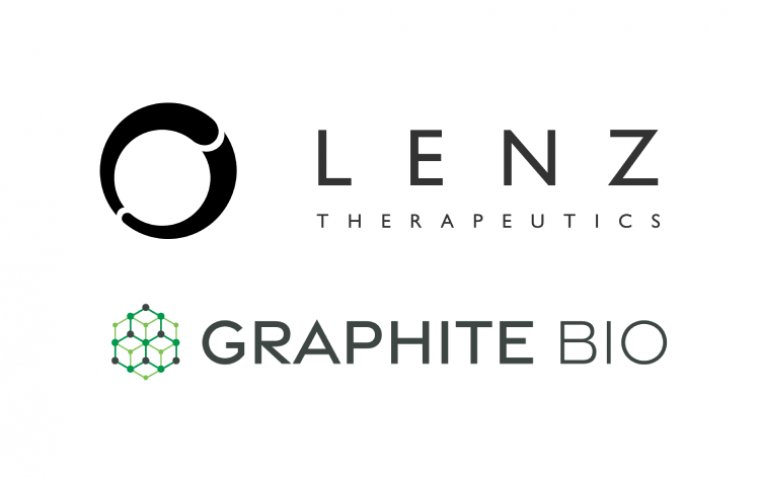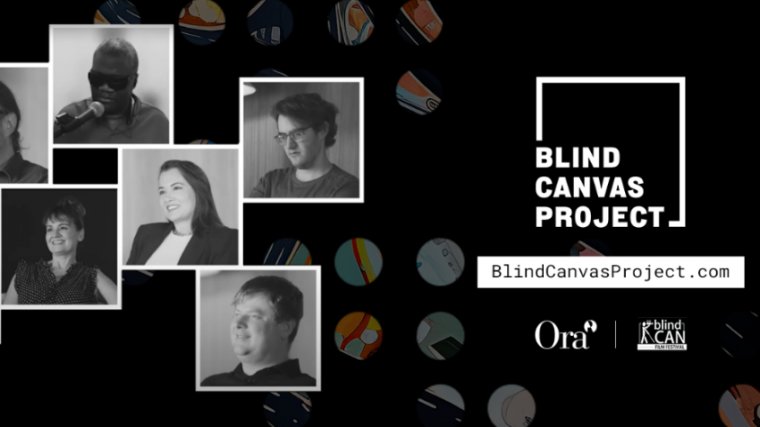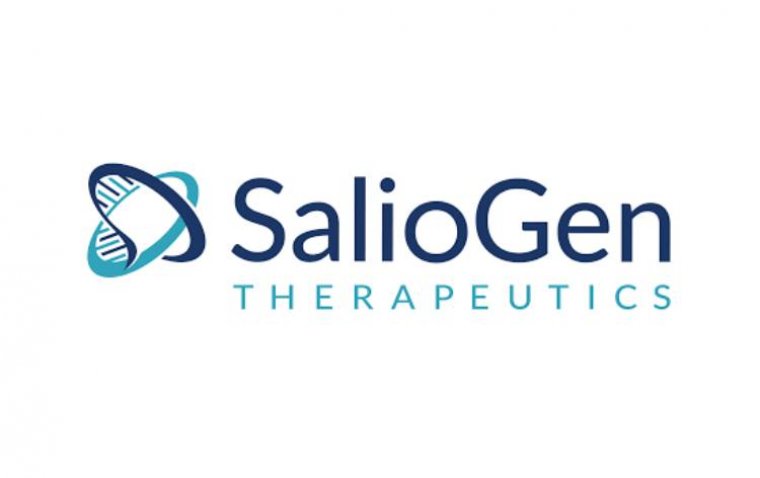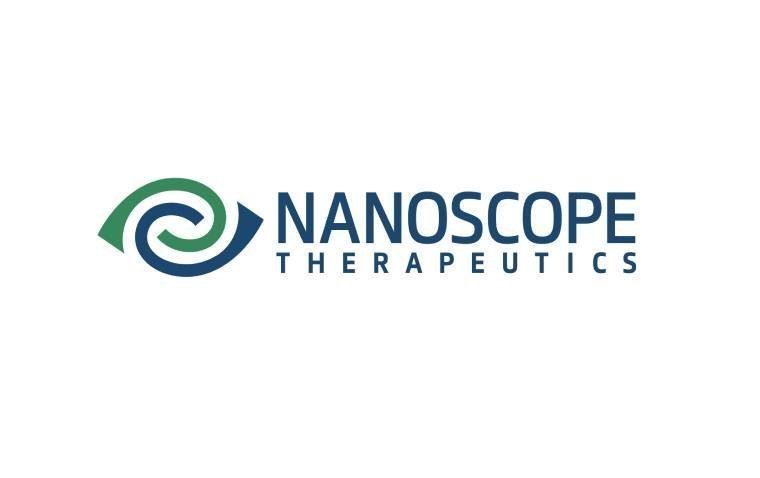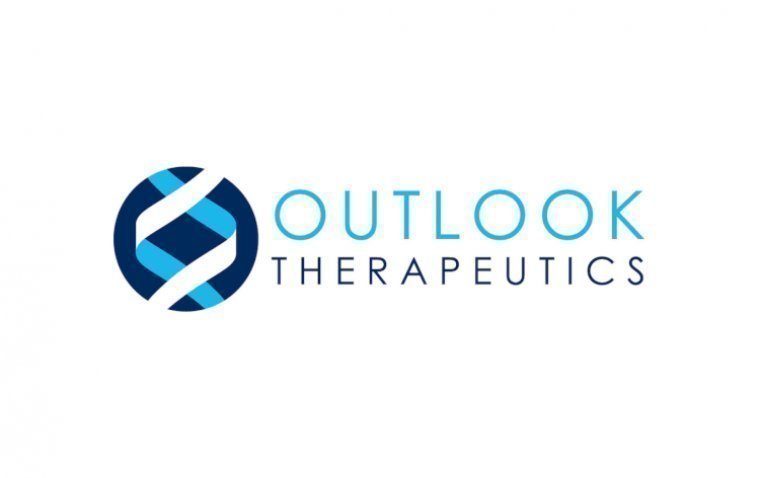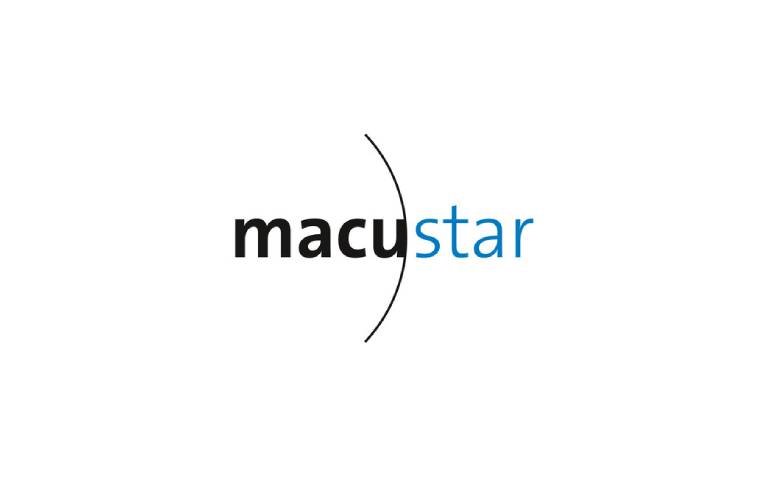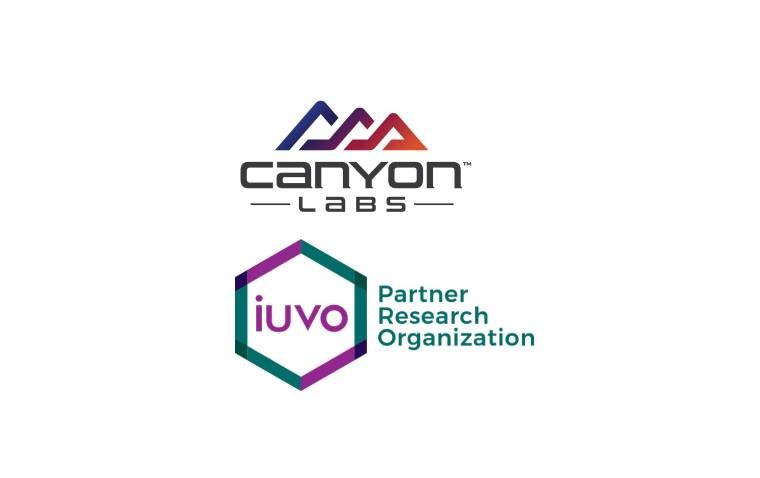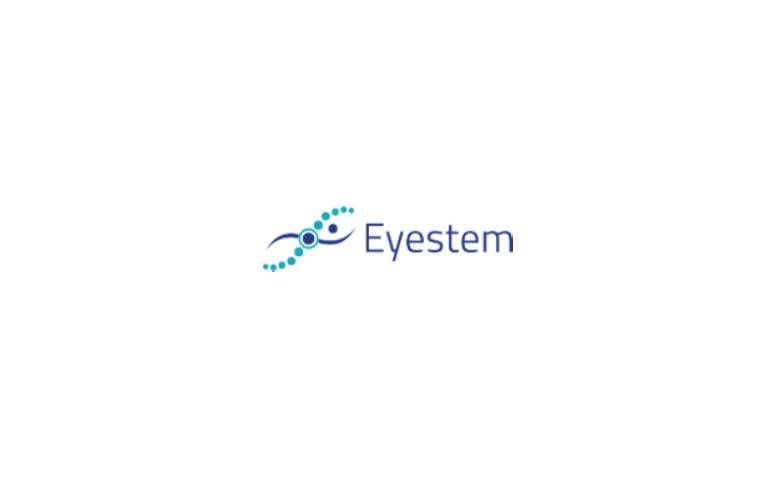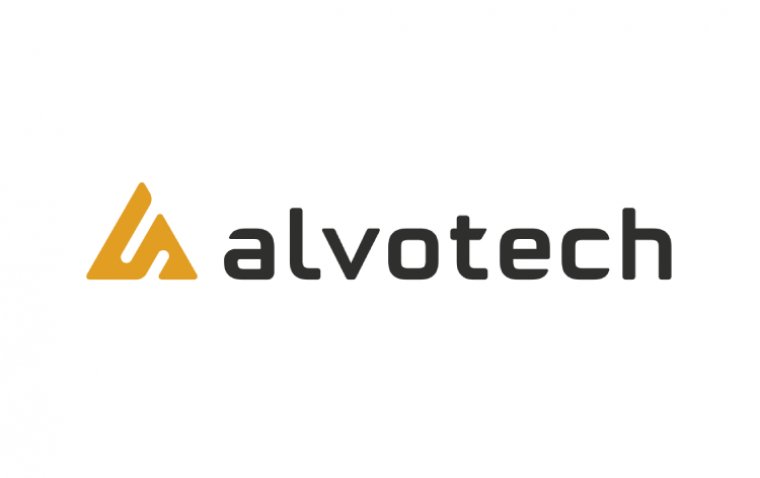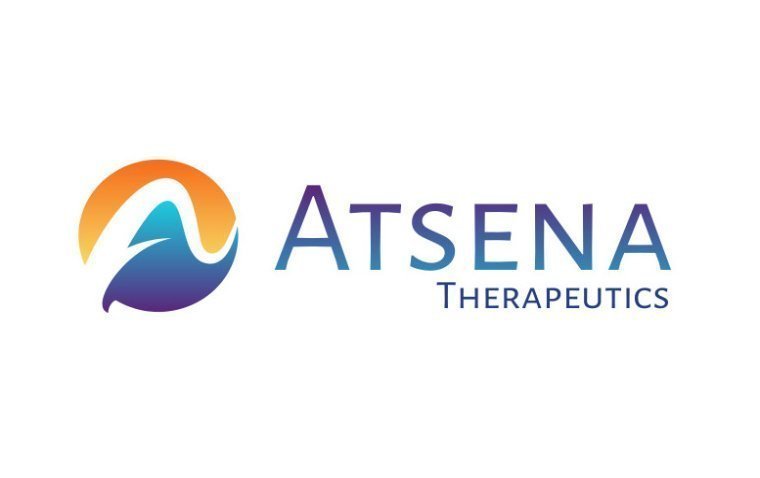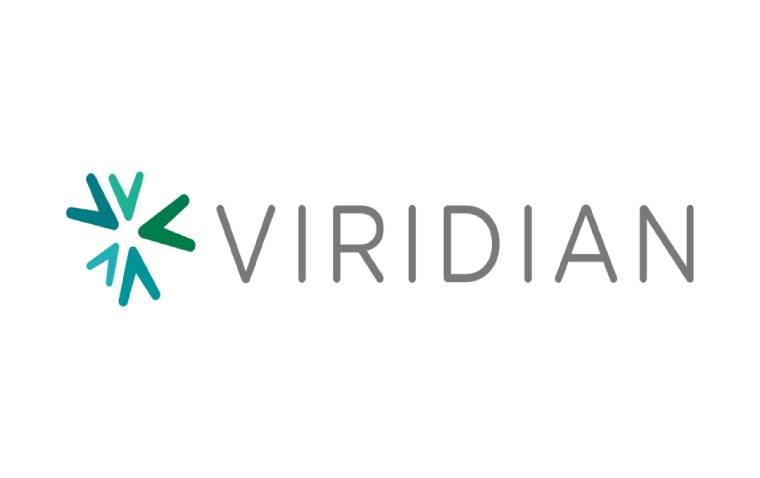
Viridian Announces Positive Topline Results from Phase 3 Veligrotug Trial for Chronic Thyroid Eye Disease
Viridian Therapeutics has announced positive topline results from the Phase 3 THRIVE-2 clinical trial evaluating veligrotug, an anti-insulin-like growth factor-1 receptor (IGF-1R) antibody, for the treatment of chronic thyroid eye disease (TED). The trial met its primary and secondary endpoints, showing significant improvements in proptosis, clinical activity scores (CAS), and diplopia.
Key Findings from the THRIVE-2 Trial
The trial enrolled 188 patients with chronic TED, randomly assigned to receive either veligrotug (125 patients) or placebo (63 patients). Participants received five infusions over 15 weeks, and outcomes were assessed at the end of this period.
Primary Endpoint: Proptosis Responder Rate
• 56% of veligrotug-treated patients achieved a proptosis response (≥2 mm reduction in proptosis from baseline in the study eye without worsening of >2 mm in the fellow eye) compared to 8% of placebo-treated patients (48% placebo-adjusted, P < .0001).
• Mean Proptosis Reduction:
- Veligrotug: 2.34 mm
- Placebo: 0.46 mm
- Placebo-Adjusted Difference: 1.9 mm (P < .0001).
Secondary Endpoints
Diplopia Response
• 56% of veligrotug-treated patients achieved a diplopia response (≥1-point reduction on the Gorman subjective diplopia scale) compared to 25% in the placebo group (31% placebo-adjusted, P = .0006).
• Complete Resolution of Diplopia:
- Veligrotug: 32%
- Placebo: 14%
- Placebo-Adjusted Difference: 18% (P = .0152).
Clinical Activity Score (CAS)
• 54% of veligrotug-treated patients achieved a “maximal or near-maximal therapeutic effect” on CAS compared to 24% in the placebo group (29% placebo-adjusted, P = .006).
Overall Response
• 56% of veligrotug-treated patients achieved an overall response, defined as a proptosis response without worsening of CAS from baseline and no worsening in proptosis or CAS in the fellow eye.
• Placebo Group: 7%
• Placebo-Adjusted Difference: 50% (P < .0001).
Safety and Tolerability
Veligrotug was well tolerated, with 94% of patients completing the treatment course.
• Most adverse events were mild.
• Hearing impairment was noted in 12.8% of veligrotug-treated patients compared to 3.2% in the placebo group (9.6% placebo-adjusted incidence).
Regulatory Path Forward
Viridian Therapeutics is on track to submit a biologics license application (BLA) for veligrotug in the second half of 2025, bringing hope to patients suffering from chronic TED.
Conclusion
The Phase 3 trial results highlight veligrotug’s potential as an effective treatment for chronic thyroid eye disease, addressing key symptoms such as proptosis, diplopia, and inflammation. With significant improvements across multiple endpoints and a favorable safety profile, veligrotug represents a promising advancement in TED management.
Viridian Therapeutics continues to make strides toward providing new therapeutic options for TED patients, with plans for regulatory submission well underway.
(1).jpg)
